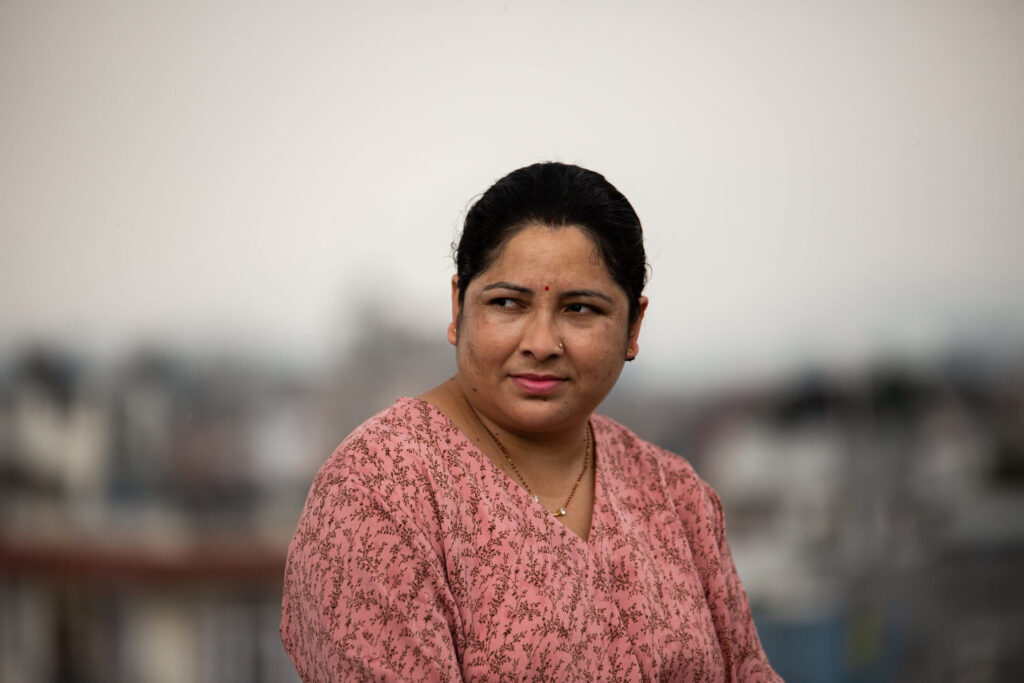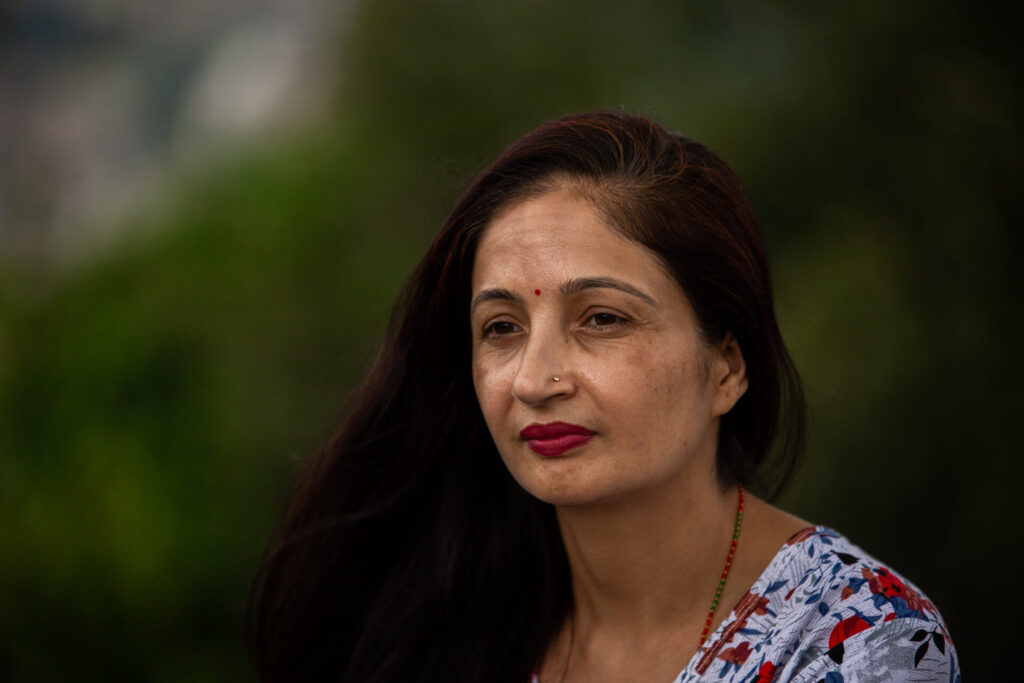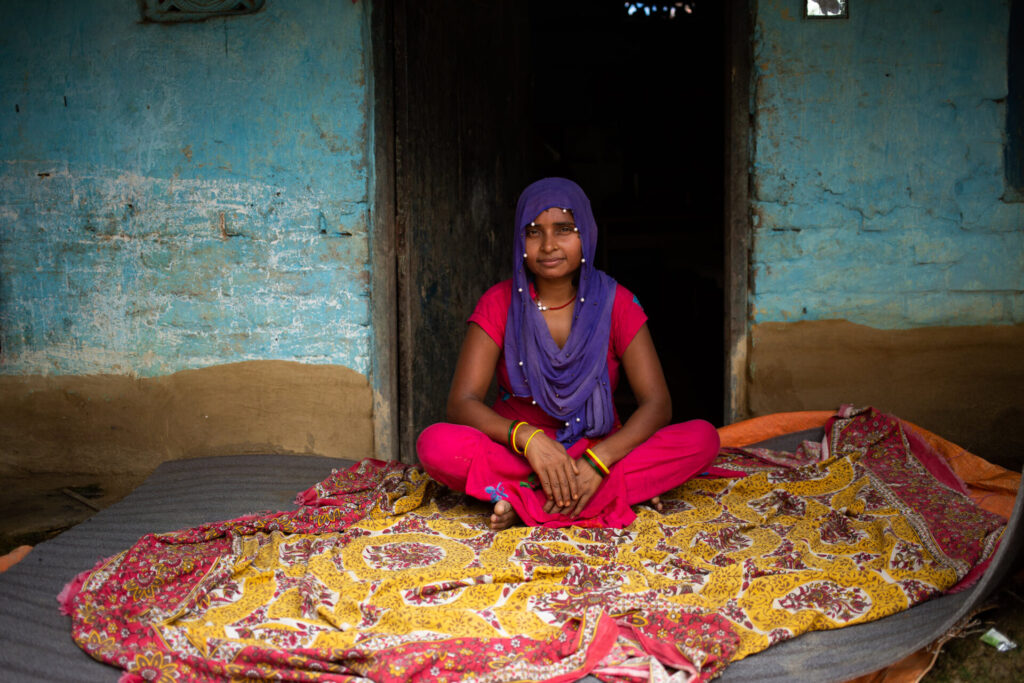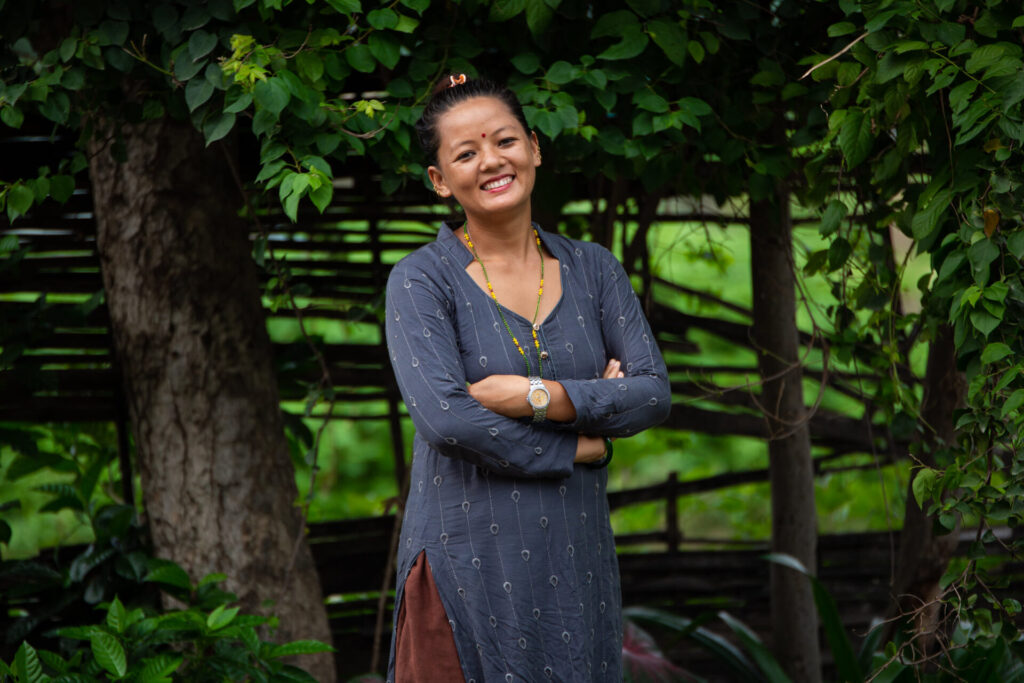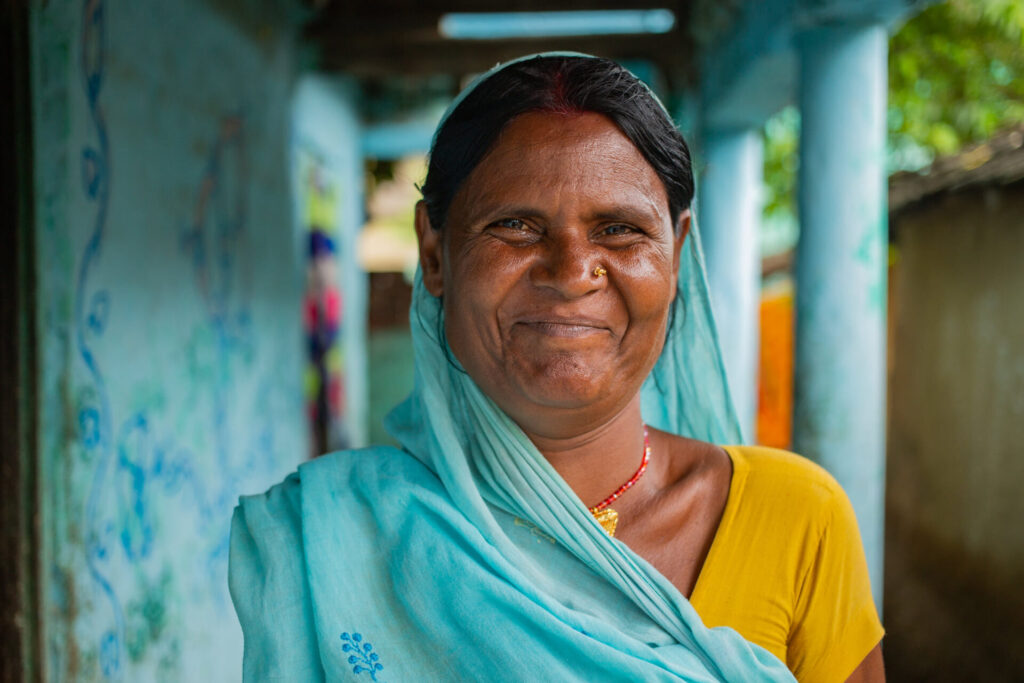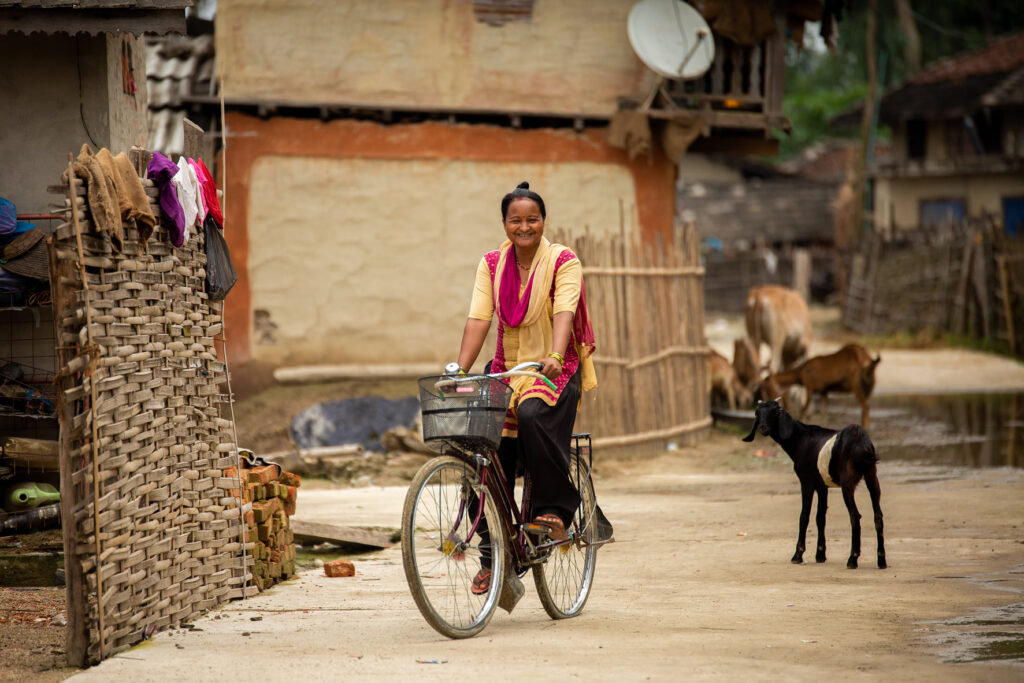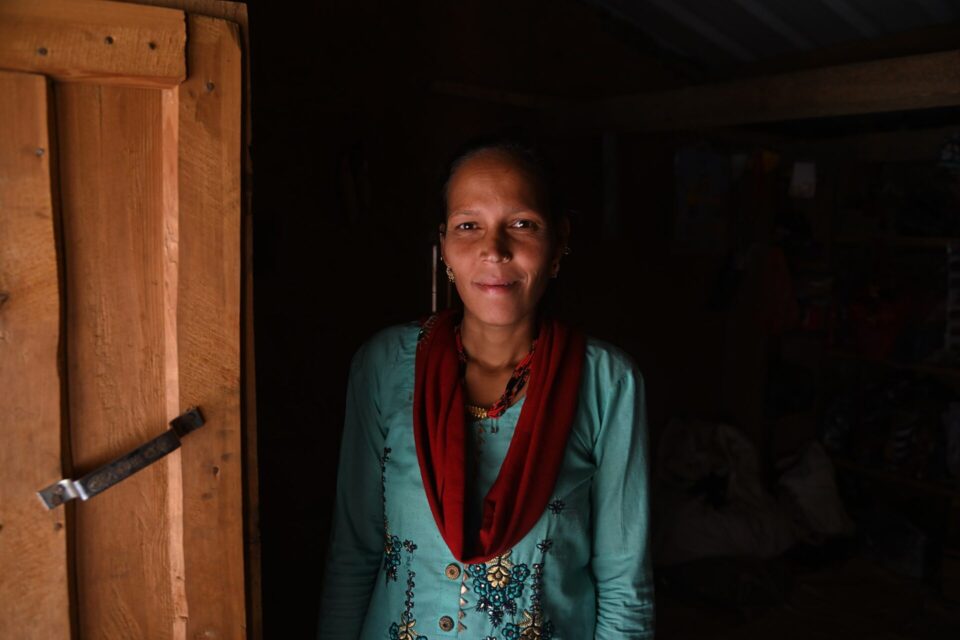
Sarita S Jagarkot
“I do not blame my parents for what they did to me when I was a toddler. They did not know. They did what they thought worked. They were farmers and they had to sweat in the fields every day to secure food. It was a struggle to survive every day and the only way for grains was by tilling the earth. And they had children, lots of them. There was no such thing as family planning in those days. Boys were important than girls. So until and unless a boy was born there was no solace for the mother. She had to bear babies after babies.
Women could not enjoy the comforts of home and and good food when they were pregnant and post delivery. They had to work. Sometimes they gave birth in the fields while working. Some babies would make it, some would not. And after birth, there was no luxury for women. They had to carry water from the river, take care of the animals, their husbands and children, and attend to the fields. Even now a lot of women are still engaged in the household every day. They do not have time to breathe and no time for themselves. It hasn’t changed much. Maybe only for a few.
Care to a child, proper nurture, the knowledge of love and bonding was absent. Parents knew if there is no food the babies would not make it. They knew that the famines and cholera would take their babies if they did not make arrangements for their children so there was no time for them to attend to their babies except for breastfeeding. Fathers were completely absent in raising a child. They always had other pressing things to do.I remember when I was a toddler, father and mother would put me inside a Doko and leave for hours at a time. I remember I would cry, get tired and sleep. No one would come. Sometimes my sister would come and give me food and then again put me inside the Doko and leave. I would panic in such an enclosed space in the darkness of the village room. But I do not blame my parents. Such were the times and they had to go to the fields to feed us. I would be so happy to see my mother when she returned and carried me in her arms. Her soft touch, her voice felt like heaven.Today, I do not do what my parents did to my children although there was a time when I raised my hands to my children. That was what we had learned. The belief was if children do not listen, you should give them a beating to let them know who is in power. Being angry and being assertive are two different things. Today, when my children do not listen to me I talk to them kindly. I tell them why something needs to be done. I do not yell. And when they run amuck I become assertive and repeat my point several times so that they know I am not joking. I know that just because they are children we should not let them do anything they want. There has to be healthy boundaries and these boundaries should not be based on fear.
Recently, my son insisted that I buy him a ball again. He had lost the one I had bought in the woods. He is just a toddler and for me buying toys all the time is a bit difficult. He started crying when I said that I would not be able to buy him a ball immediately and that he will have to wait. He is a kid and he would not stop crying. Then I held him in my arms and kissed him. I told him that he was a good boy and that I was going to buy him a ball after some time. I communicated with him how a ball costs money. I then went inside, made a ball out of abandoned cloth, wrapped it up and taped it tightly. I came and gave it to him. I told him I wanted to play with him. We did play for a while but the ball came apart. That evening I went to the shop and bought him a ball.”
(Sarita S, Jajarkot)
#BecomingAParentSave the Children in Nepal
